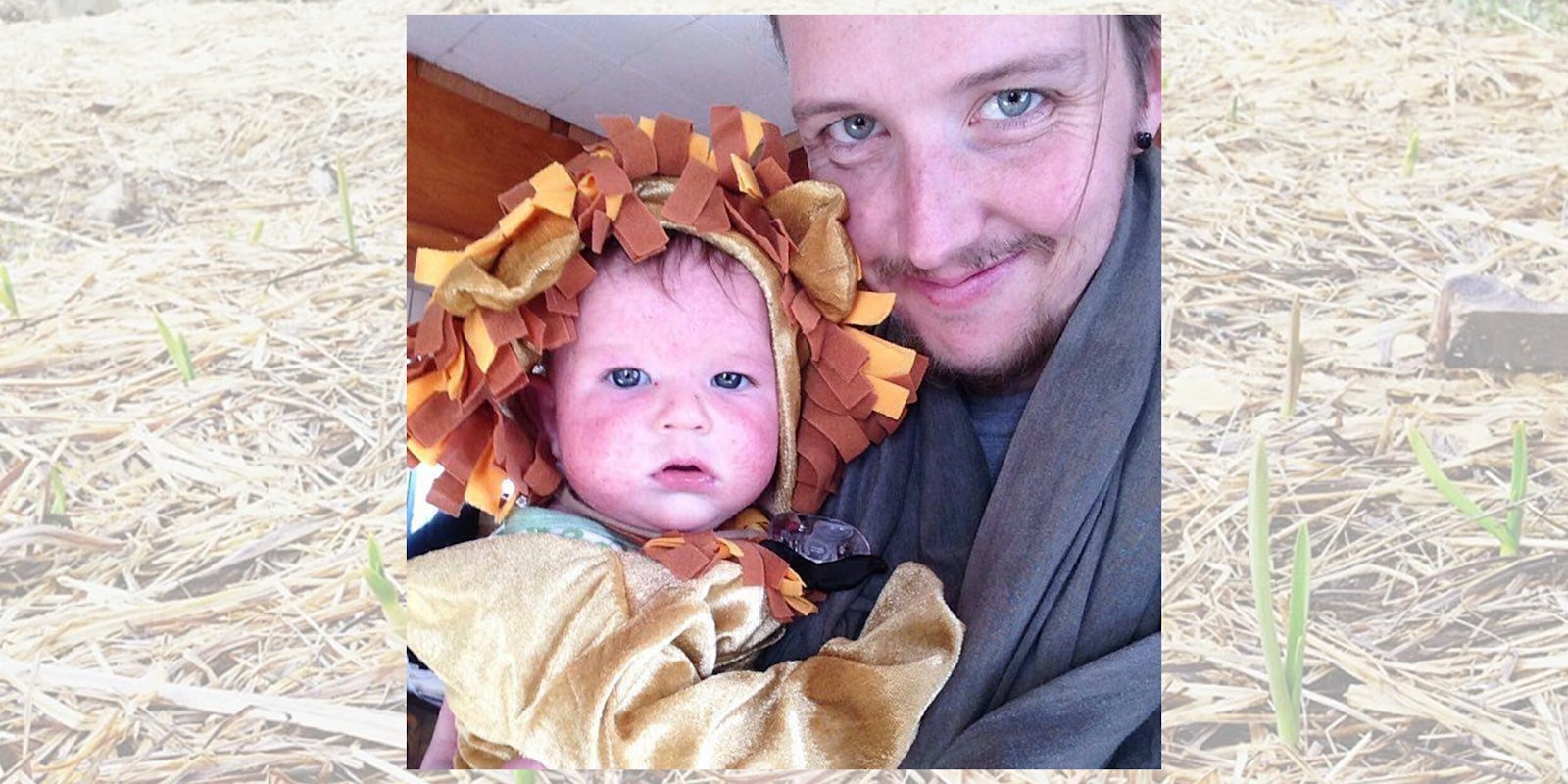At just eight months old, Searyl Alti Doty might just be the first baby in the world born without a gender marker on their health card. But for Searyl’s birthgiver, there’s a long road ahead for protecting their child’s gender identity.
When Searyl was born, nonbinary transgender Canadian Kori Doty refused to allow their child’s gender to be assigned. Instead, British Columbia issued a health card with a “U” under sex, meaning “unassigned” or “undetermined” at birth.
Health card aside, however, British Columbia declined to issue a birth certificate to Searyl. Doty alleges that authorities will only issue a birth certificate if their baby’s sex is outed. But Doty has refused to allow Searyl’s sex to be assigned at birth because they see the current gender identification structure to be oppressive toward young children figuring out their gender identity.
“We’re not actually asking to have anyone’s ID changed against their will. We’re just asking to change the structure of how identification, particularly the birth certificate, starts out,” Doty stold CKNW News.
Human Rights lawyer barbara findlay (who stylizes her name with no capitalization) is helping Doty fill out an application that would lead to a judicial review of the province’s birth certificate policy. She believes that a required gender marker is an invasive violation of Searyl’s rights under the Canadian Charter of Rights and Freedoms.
“The assignment of sex in this culture is done when a medical person lifts up the legs and looks at the baby’s genitals,” findlay told CKNW News. “But we know that the baby’s own gender identity will not develop for some years until after they’re born.”
Other Canadian provinces have already expressed interest in gender-neutral markers on government records, too. BuzzFeed News reports that Ontario and Alberta are considering a nonbinary gender marker option on official documents, allowing families to leave their children’s sex anonymous at birth. But it remains to be seen what Canadian lawmakers will do as findlay and Doty take their case to court.


